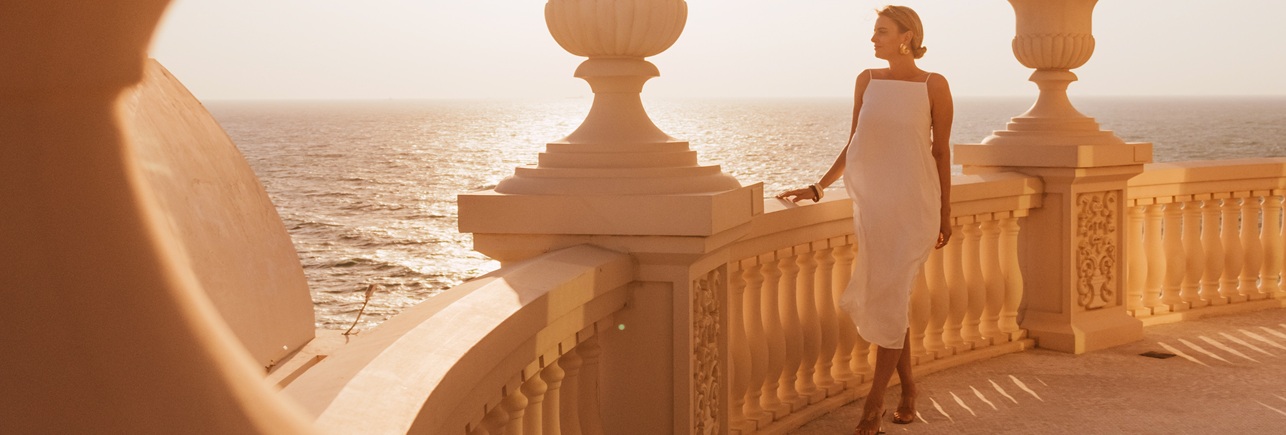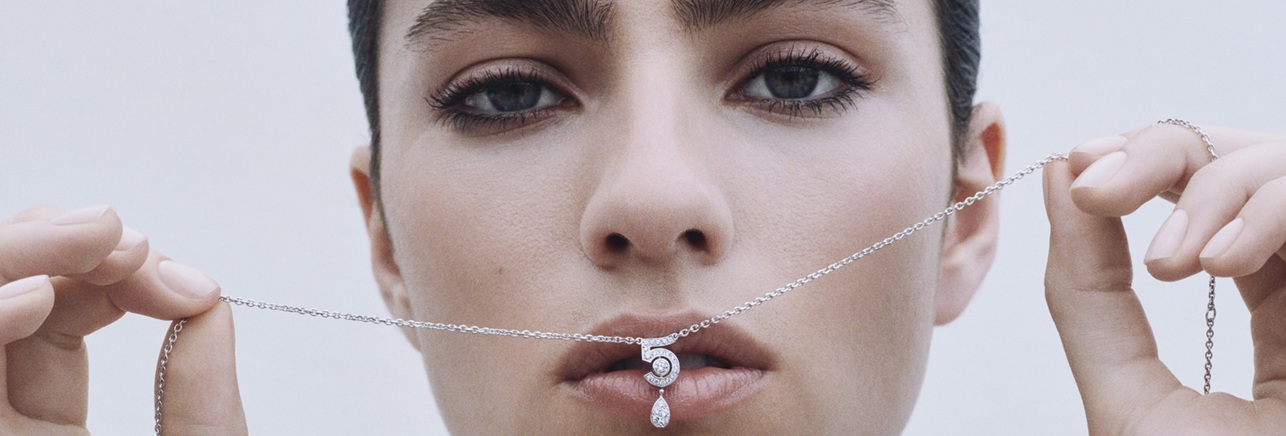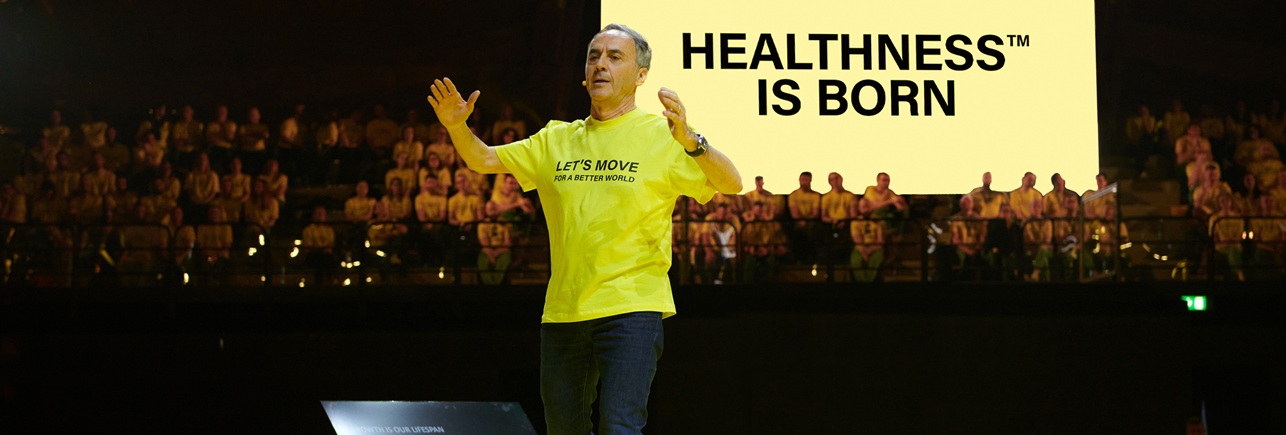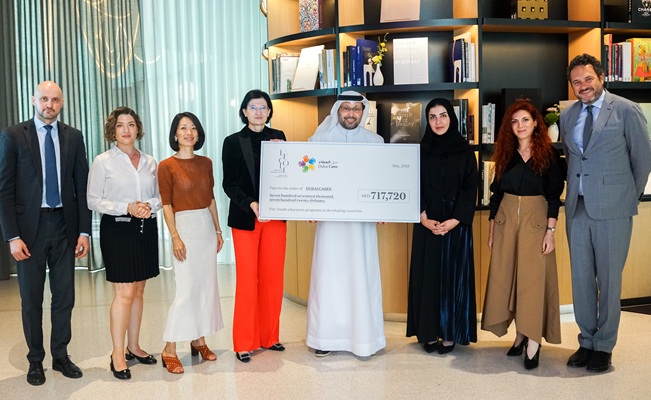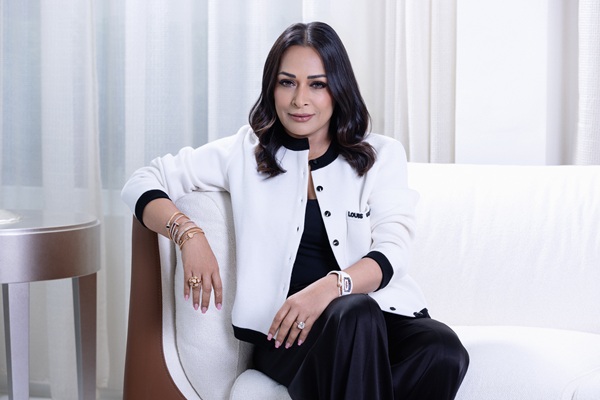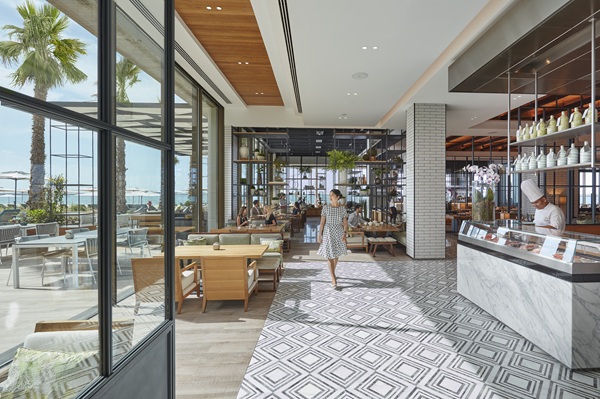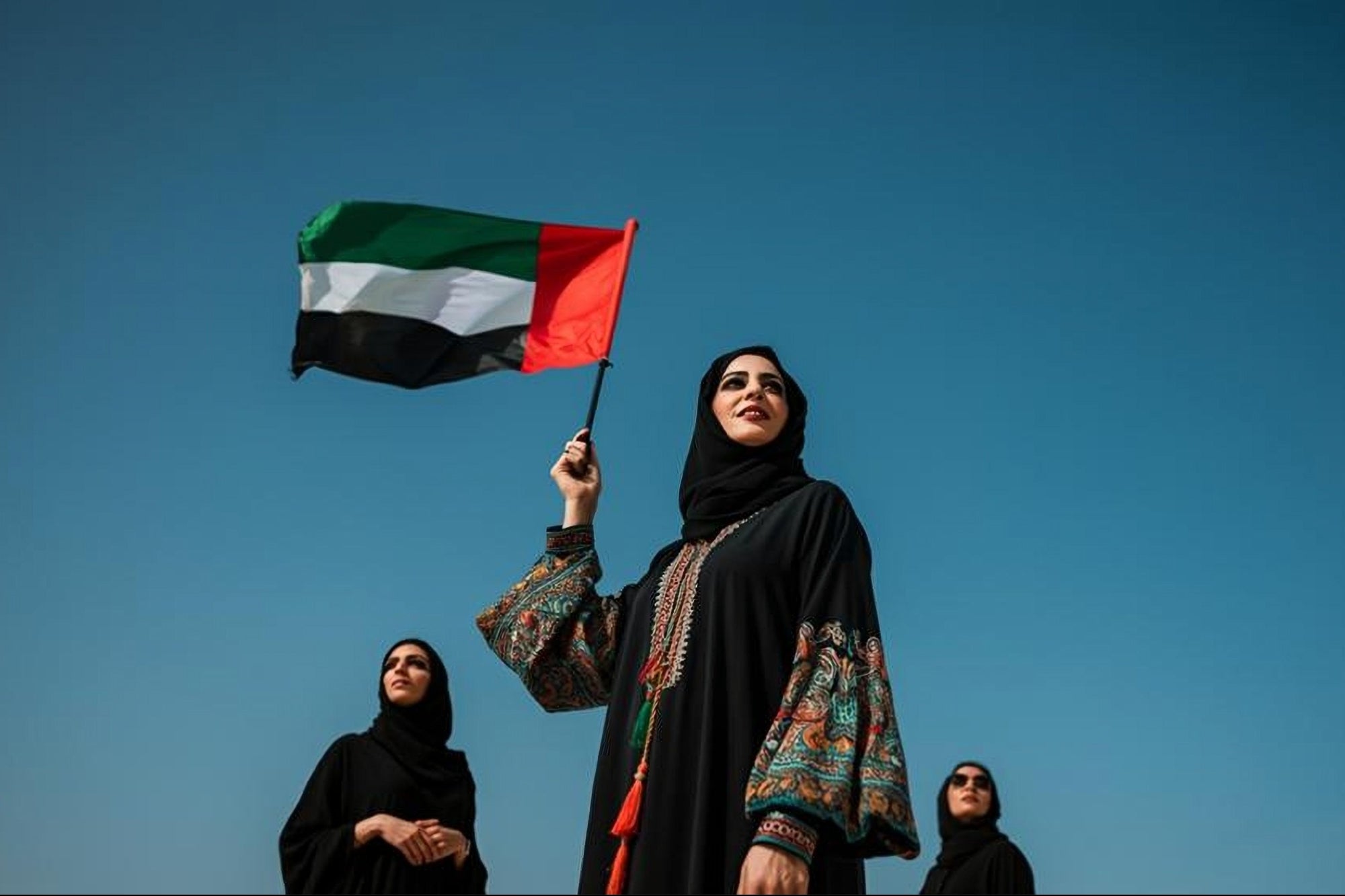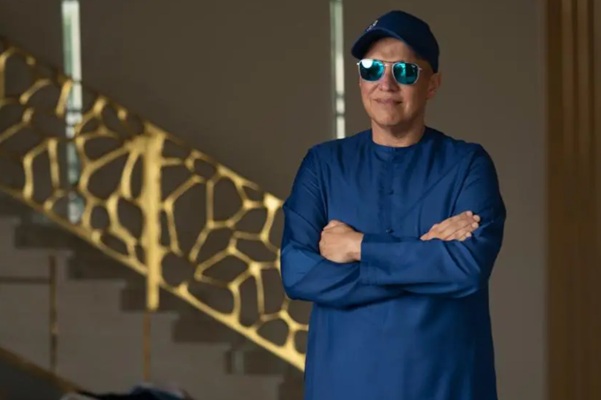China, UAE upgrade partnership during Xi’s visit (Video)

Chinese President Xi Jinping began his first trip abroad since being unanimously re-elected in a symbolic vote by the National People’s Congress in March. His first stop was the United Arab Emirates, continuing a theme of Chinese influence in the Middle East begun at last week’s China-Arab States Cooperation Forum (CASCF) in Beijing.
Xi arrived in Abu Dhabi on Thursday evening and was welcomed by the UAE's top leadership at his Presidential fight.
The Chinese premier's aircraft was escorted by UAE warplanes when it entered the country's airspace yesterday.
Xi's UAE visit - his first foreign visit after being re-elected in March - is considered to be of historic significance in further cementing the strong relations between UAE and China.
The Chinese President had earlier said that he was looking forward to working with the UAE leaders "to draw up a blueprint for China-UAE cooperation so as to unlock its full potentials and advance China-UAE relations at a higher level and build a China-UAE community of shared future in Belt and Road cooperation."
The state visit coincides with the UAE-China week that will be held from July 17 to 24 at the Manarat Al Saaadiyat, featuring a range of Chinese cultural activities including film screenings and art exhibitions.
Sheikh Mohammed bin Rashid and Sheikh Mohamed bin Zayed had welcomed the state guest on Thursday, expressed happiness at his visit and hoped that it would help establish a new phase of cooperation and joint action to meet the aspirations of the two countries and their friendly peoples.
The two sides exchanged cordial talks on the historically strong ties between the two countries which have witnessed continuous growth and development over the years.
Their Highnesses also highlighted the important political and economic role played by China regionally and internationally. ''The level of understanding, coordination and consultation achieved by China and the UAE has boosted security, peace and development in the region and beyond,'' they said.
For his part, the Chinese president expressed his delight at visiting the UAE, with whom China has had friendly relations and shares a common vision. Jinping wished the UAE further growth, progress and prosperity.
The UAE celebrated the arrival of the Chinese President in a special ceremony, with 12 F-16s and Mirage aircraft escorting his presidential plane after it entered the country's airspace. Abu Dhabi's sky was illuminated with fireworks to celebrate Jinping's arrival, and flags belonging to both countries marked the state visit.
His Highness Sheikh Mohammed bin Rashid Al Maktoum said Jinping's visit to the UAE marked a new stage in the strategic partnership that had bound the two countries for decades, thanks to a solid foundation built on shared interest and mutual understanding and respect.
Speaking on the occasion, Sheikh Mohammed bin Rashid said: "We are delighted to welcome His Excellency President Xi Jinping to the UAE on this important visit, which we view as a basis for further prosperous cooperation between the two friendly countries. We appreciate the President's choosing to visit the UAE on his first foreign tour after his recent re-election for a new presidential term, which reflects the weight of our strategic partnership and underscores the depth of the ties between the two sides."
Sheikh Mohammed bin Rashid commended the strong economic relations and trade exchanges between the two countries. He said UAE's trade with China accounted for about a quarter of the total Chinese-Arab trade volume in 2017 which reached Dh170 billion. The Vice-President noted that more than one million Chinese visited the UAE during the past year alone. He added that economic cooperation had expanded to include many sectors such as oil, renewable energy, infrastructure and advanced technology, with the UAE-China partnerships valued at tens of billions of dirhams.
 The Vice-President said: "We seek to establish cultural, humanitarian and people-to-people relations in addition to our strong economic and political relations."
The Vice-President said: "We seek to establish cultural, humanitarian and people-to-people relations in addition to our strong economic and political relations."
Sheikh Mohammed praised the UAE and China's shared outlook on many regional and international issues, in light of the strategic relationship that the UAE has enjoyed with China for decades, being the first GCC country to establish ties with it. Sheikh Mohammed bin Rashid expressed his confidence that Jinping's historic visit to the UAE would provide strong impetus to relations between the two countries, taking them to even higher levels of coordination and cooperation.
For his part, Sheikh Mohamed bin Zayed Al Nahyan said that the cooperation between UAE and China is proceeding according to the highest levels. He said efforts are focusing on opening new horizons of coordination and integration, given that the two countries share a common vision that economic and social development is a solid foundation for deepening peace, security, stability, and prosperity as well as eliminating extremism and terrorism. His Highness said that both nations looked forward to long-term development and growth, in keeping with the culture of achievement and joint action that they believe is one of the key drivers for building a promising future for both peoples and countries.
Sheikh Mohamed bin Zayed expressed his appreciation for Jinping's interest in the development of UAE-China relations and his choice of UAE as the first country to visit since his re-election as President. He said the UAE leadership, headed by His Highness Sheikh Khalifa bin Zayed Al Nahyan, President of the UAE, shared the same interest in strengthening relations with China and transforming the existing strategic partnership into a comprehensive strategic partnership that promised steady growth of UAE-China relations.
Sheikh Mohamed said the most important feature of UAE-China relations was that it was not just limited to political and economic issues, but extends to cultural, social and educational aspects that build bridges of understanding and establish people-to-people links. This ensures that UAE-China relations are strong and diverse and continue to grow steadily.
Sheikh Mohamed bin Zayed expressed his confidence that Jinping's visit would help transform UAE-China relations in every aspect, given that both countries were keen to expand and develop relations at all levels.
Sheikh Mohammed bin Rashid Al Maktoum and Sheikh Mohamed bin Zayed had received the distinguished guest and his accompanying delegation at the Presidential Flight.
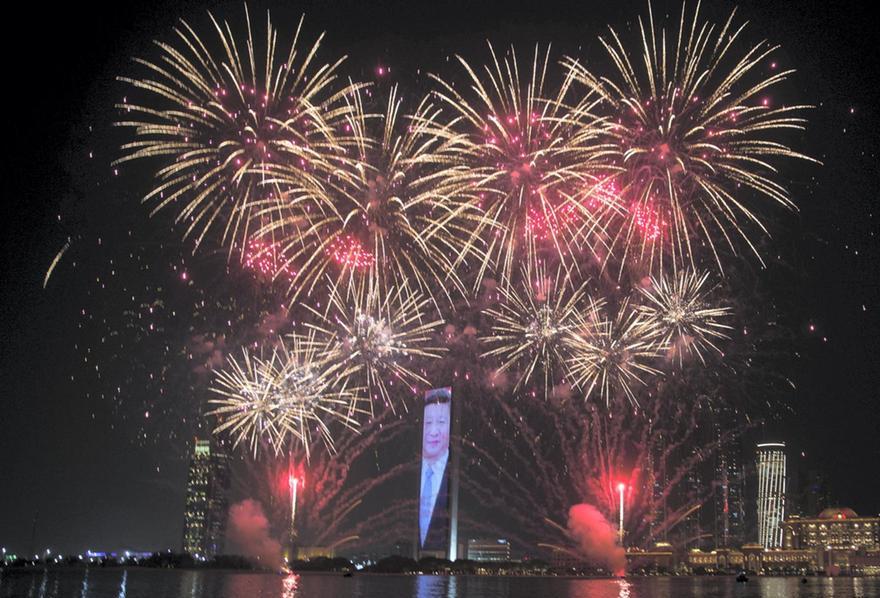 When Xi arrived in the UAE on July 19, it marked the first visit by Chinese head of state in almost 30 years. On July 20, he met with UAE Vice President and Prime Minister Sheikh Mohammed bin Rashid Al Maktoum and Crown Prince of Abu Dhabi and Deputy Supreme Commander of the UAE Armed Forces Sheikh Mohammed bin Zayed Al Nahyan at the presidential palace. Both UAE leaders had also greeted Xi and his wife upon their arrival in Abu Dhabi.
When Xi arrived in the UAE on July 19, it marked the first visit by Chinese head of state in almost 30 years. On July 20, he met with UAE Vice President and Prime Minister Sheikh Mohammed bin Rashid Al Maktoum and Crown Prince of Abu Dhabi and Deputy Supreme Commander of the UAE Armed Forces Sheikh Mohammed bin Zayed Al Nahyan at the presidential palace. Both UAE leaders had also greeted Xi and his wife upon their arrival in Abu Dhabi.
The UAE rolled out the red carpet for the Chinese leader. In addition to the traditional trappings of a diplomatic welcome (such as a 21-gun salute and state banquet), Abu Dhabi put on some more modern displays of affection – plastering Xi’s image on an LED screen running nearly the entire height of the 65-story Adnoc Headquarters, for example, and renaming a mobile network “WelcomePresChina.”
As another sign of the UAE’s embrace of China, Xi received the Order of Zayed, the UAE’s highest civil decoration, on July 20. Previous recipients, according to UAE newspaper The National, include President of Russia Vladimir Putin, King Salman of Saudi Arabia and Queen Elizabeth II.
His Highness Shaikh Mohammad Bin Rashid Al Maktoum, Vice-President and Prime Minister of the UAE and Ruler of Dubai, and His Highness Shaikh Mohammad Bin Zayed Al Nahyan, Abu Dhabi Crown Prince and Deputy Supreme Commander of the UAE Armed Forces gave a grand welcome to Chinese President Xi Jinping at the Presidential Palace in Abu Dhabi on Friday morning.
President Xi was given the award on behalf of President His Highness Shaikh Khalifa Bin Zayed Al Nahyan.
After the ceremony, Shaikh Mohammad Bin Rashid, Shaikh Mohammad Bin Zayed and President Xi attended the signing of 13 agreements and memoranda of understanding between the two countries.
Other cabinet ministers and dignitaries were also present at the ceremony.
The national anthems of both the UAE and China were played, and Xi inspected the Guard of Honour, accompanied by the Crown Prince.
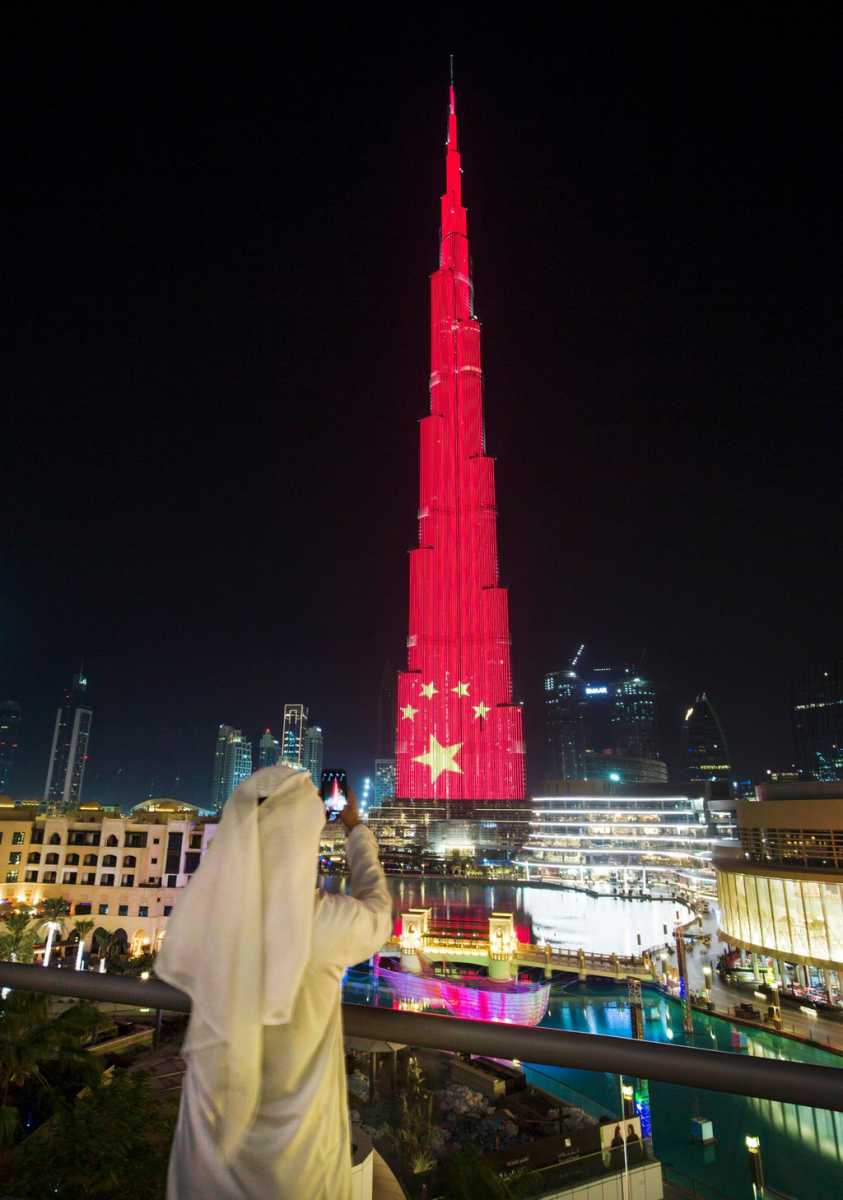 After the ceremony, leaders of both the countries went for a closed-door ceremony along with high-level dignitaries from both sides.
After the ceremony, leaders of both the countries went for a closed-door ceremony along with high-level dignitaries from both sides.
Other ministers who were present included Shaikh Abdullah Bin Zayed Al Nahyan, Minister of Foreign Affairs and International Cooperation, Suhail Al Mazrouei, UAE Minister of Energy and Industry, Reem Bint Ebrahim Al Hashimy, Minister of State for International Cooperation, and Sultan Al Jaber, Minister of State and Adnoc CEO among others.
A number of crucial agreements that will enhance UAE-China ties are expected to be signed between the two countries.
The focus of the visit, naturally, was on China’s Belt and Road Initiative (BRI). The two sides signed two MoUs pledging cooperation on both the Silk Road Economic Belt (the “Belt” in the BRI) and the 21st Century Maritime Silk Road (the “Road”). The UAE is a key node for the BRI – the Middle East is a crucial geographic link between China and Europe, but instability in the region makes it a difficult bet to place. Enter the UAE, which Xi praised as “an oasis of development for the Arab world” in a letter published in UAE newspapers Al Ittihad and The National. It’s no coincidence that the UAE has been the recipient of the first Silk Road Fund investment in the Middle East, for the $3.4 billion Hassyan Clean Coal Power Plant. Another Silk Road Fund deal was inked during Xi’s trip, for “the world’s largest solar energy plant.”
Indeed, energy, a traditional focus for China’s Middle East engagement, was another key part of Xi’s visit. Deals on both oil and solar power were forged in separate MOUs. There were also agreements on agriculture, e-commerce, and finance as well as people-to-people exchanges.
And in a sign of China’s ever-expanding interests, Xi called for more cooperation between the two countries on culture, education, tourism, and media as well as high-tech innovation. Sheikh Mohammed bin Rashid agreed, saying, “We seek to establish cultural, humanitarian and people-to-people relations in addition to our strong economic and political relations.”
Sheikh Mohammed even set a goal of doubling both China-UAE trade (around $54 billion in 2017) and Chinese visitors to the UAE, which topped 1 million last year, at an unnamed point in the future.
In addition to the individual deals, China and the UAE upgraded their relationship to a “comprehensive strategic partnership,” the first Middle Eastern country to elevate ties with China to that level (unless you count Egypt, which established a comprehensive strategic partnership with China in 2014). Fittingly, Xi’s letter called for China and the UAE to be “strategic partners who truly trust each other” and work together on regional and international issues.
Sheikh Mohammed bin Rashid affirmed on Twitter that Chinese and UAE leaders “have a strong political will that will lead us towards greater cooperation.” He also praised China’s development model, saying, “We are similar to them in our style of management and philosophy, and they are the closest to us.” That’s a win for China’s efforts to promote itself as an alternative blueprint for developing countries to follow.
Xi is scheduled to depart the UAE on July 21, after which he will head to Senegal.
This trip is centered around the annual BRICS summit, which brings together the leaders of Brazil, Russia, India, China, and South Africa. With South Africa as this year’s host, the rest of Xi’s overseas tour will center on the African continent. In addition to South Africa, Xi will be visiting Senegal and Rwanda for state visits, along with a stopover in the island nation of Mauritius.

